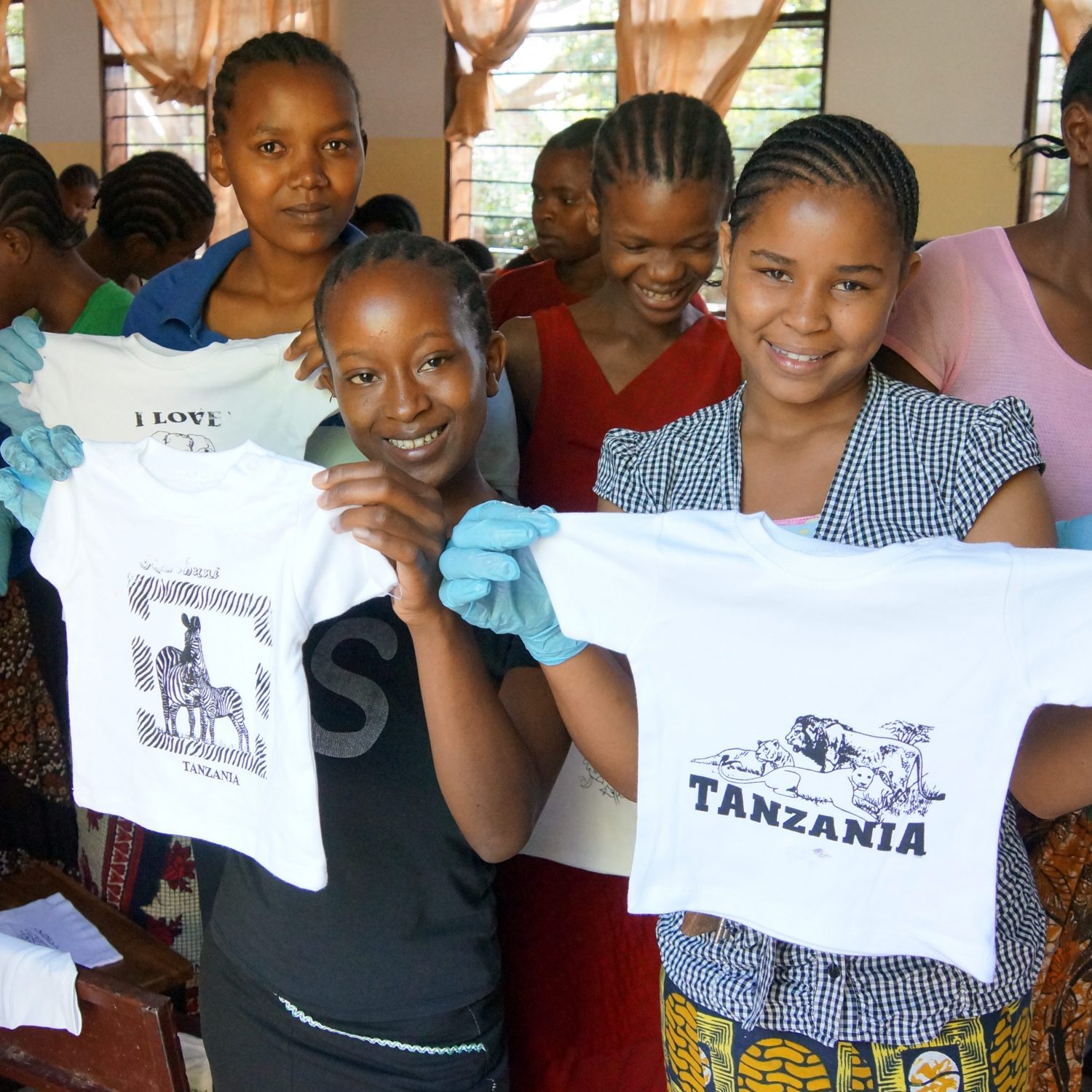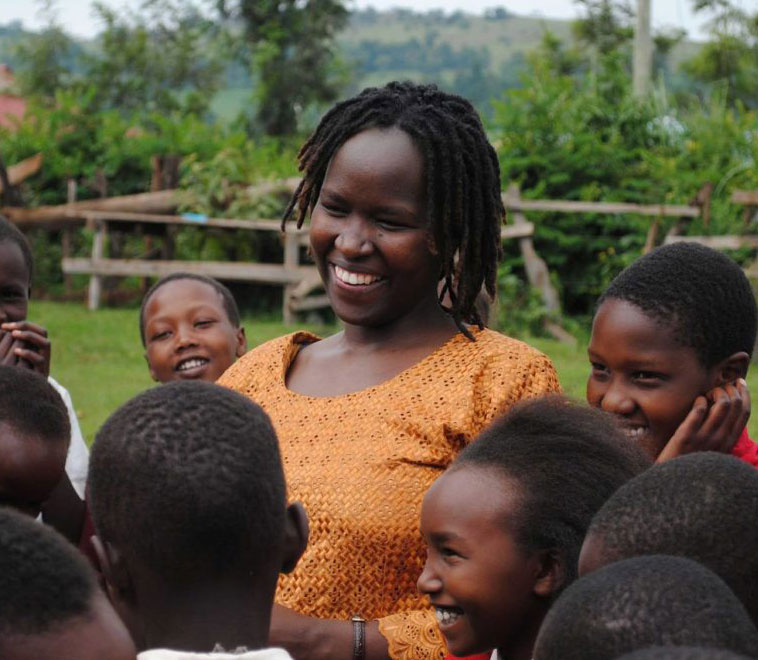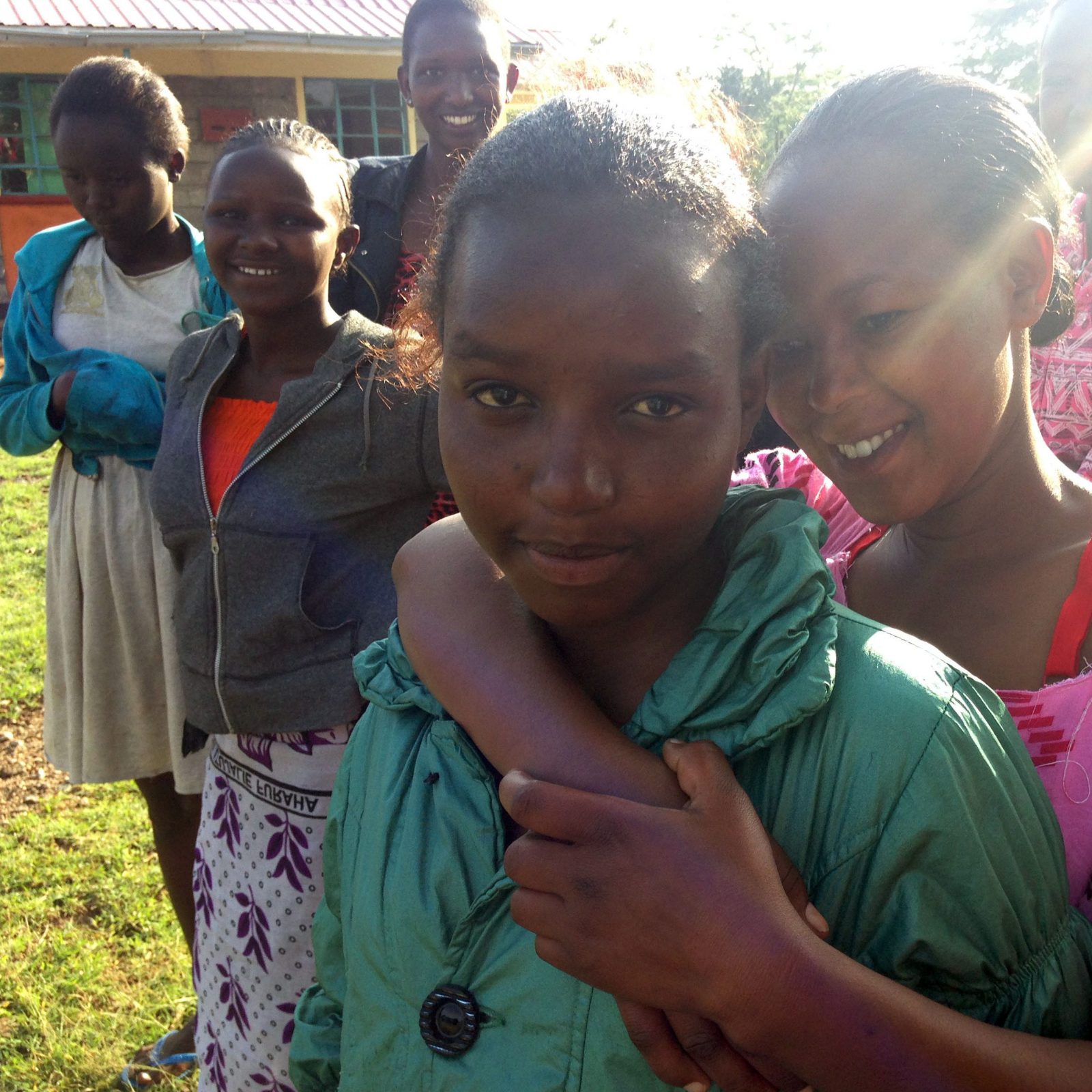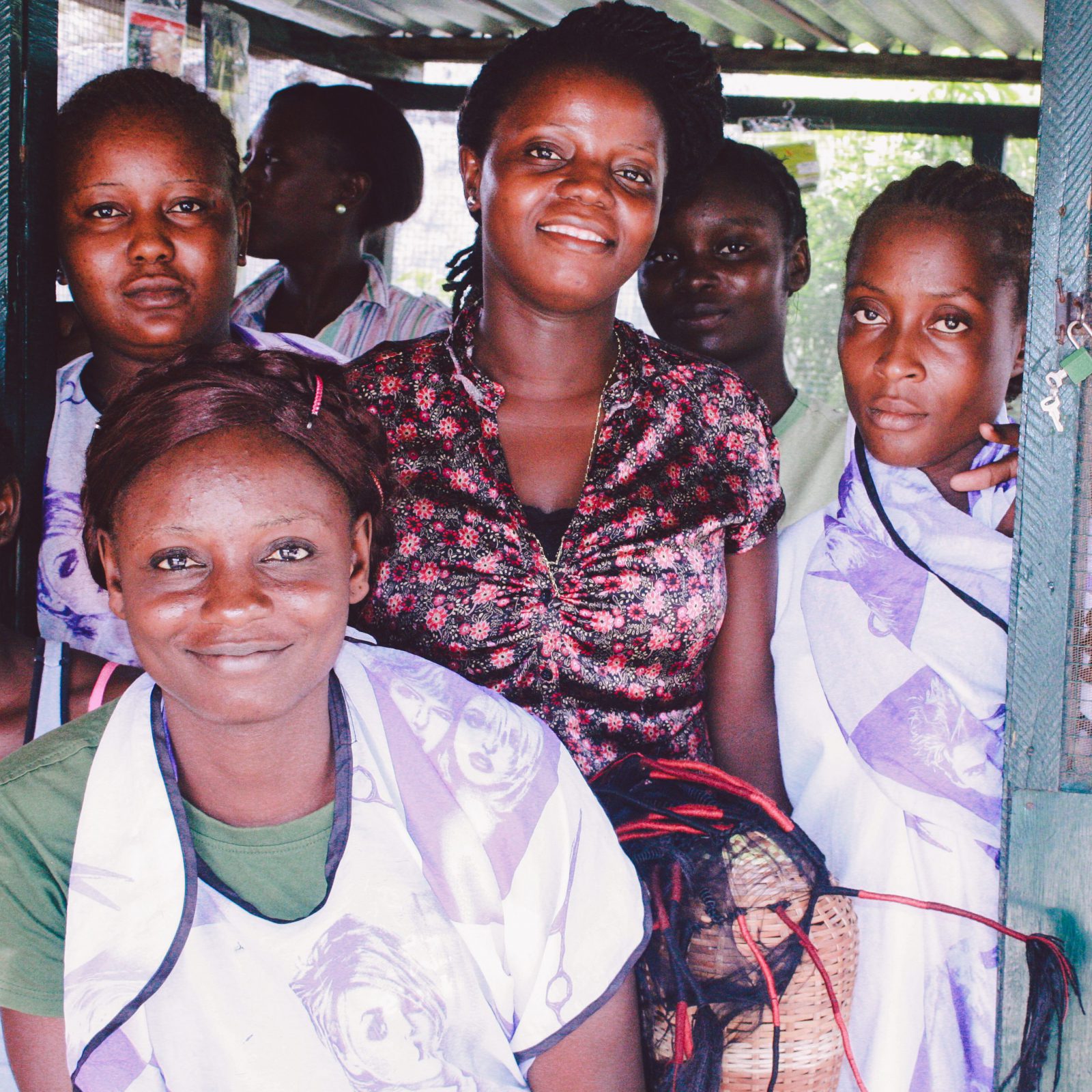“Never doubt that a small group of thoughtful, committed citizens can change the world; indeed, it’s the only thing that ever has.” –Margaret Mead
As we are social beings, there is something powerful in the connection of shared interests and goals. Even in this digital age, the physical and intimate gathering of like-minded people is still important for transformational success and growth. It creates a sense of community where deep thinking, support, discussion, trust, and comradery begin to be cultivated.
The well-known American anthropologist Margaret Mead is reported to have said, “Never doubt that a small group of thoughtful, committed citizens can change the world; indeed, it’s the only thing that ever has.” It is with this in mind that Global Fund for Children created its signature Knowledge Exchanges.
These multiday workshops take place several times a year across the regions that GFC serves. Organized around thematic or regional issue areas, they provide opportunities for peer learning on substantive issues as well as on common organizational development challenges. A core principle behind these workshops is the belief that grassroots organizations are the most knowledgeable about the issues affecting them, and that through interactive and informal facilitation, they can exchange good practices and share valuable experiences. One participant from each organization is invited to attend, and GFC covers the costs.
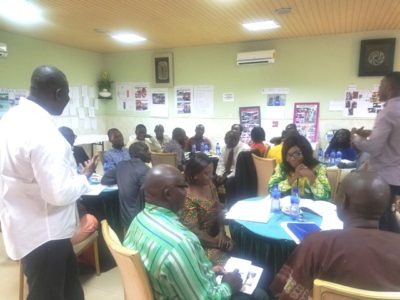
This past June, Ghana—“West Africa’s golden child,” with its lush beaches, vibrant culture, and fast-growing economy and development—proved to be the perfect place to hold a regional Knowledge Exchange. In Accra, 18 Anglophone and Francophone GFC grassroots partners gathered for a bilingual peer learning experience, eager to socialize and absorb whatever knowledge they could from their fellow partners. The three-day event, hosted by GFC grassroots partner Center for Development Initiatives, was attended by both experienced and new grassroots partners.
To begin creating a sense of community, a welcoming dinner took place at the Ange Hill Hotel in Accra, giving participants the chance to meet and network before diving into the next day’s workshop activities. Icebreaker games encouraged fluid interactions between participants, while helping them to learn more about each other’s organizational similarities.
Although language provided a bit of a barrier, it did not stop Anglophone and Francophone partners from attempting to communicate with one another. The eagerness to connect and learn was infectious.
Participants then divided into two groups, with Francophone and Anglophone partners holding their own Gallery Walks, where participants took turns presenting about their organizations. After each presentation, there seemed to be a surge in momentum as questions from the other participants increased, creating more engaging discussions about similar issues they were facing. Issues ranged from resource mobilization, to capacity-building strategies within challenging environments, to organizational structures and staffing.
The Gallery Walks also provided the opportunity for more-experienced GFC partners like ONG Dedomé, Street Library Ghana, and CEE-HOPE to demonstrate the success of GFC’s capacity-building model by teaching newer partners some innovative strategies and best practices.
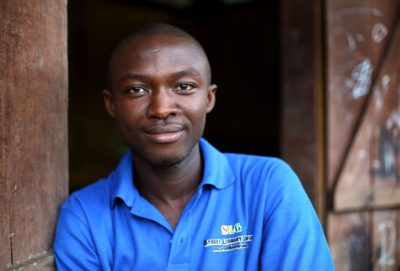
For instance, Betty Abah, from CEE-HOPE in Nigeria, shared how her organization has utilized social media tools like Twitter to increase organizational visibility, which has translated into new funding opportunities. Hayford Siaw, from Street Library Ghana, shared how he has utilized volunteer relationships as an income-generating resource; volunteers not only engage community stakeholders but also help to create content for the organization. Hayford’s experience resonated with many participants looking to adopt a similar model.
To conclude this sharing session and reinforce its lessons, an experimental investment simulation exercise took place. The participants all received play money to invest in an organization, which they selected based on the Gallery Walk presentations.
Samburu Girls Foundation, a GFC partner in Kenya that removes girls who are being forced into undergoing female genital mutilation or early marriage, stood out from the rest, gaining most of the participants’ mock investment money. When asked why he chose to invest in Samburu, Godfrey Okum, the director of GFC partner NIGEE, noted that it was not only because of Samburu founder Josephine Kulea’s charismatic personality but also the uniqueness of Samburu’s approach in working with this extremely vulnerable population. Other participants, like Kolawole Olatosimi from CYPF, a Nigerian GFC partner, were also impressed with how Samburu has been able to involve its beneficiaries in the planning and implementation of its programs.
The 2017 Ghana Knowledge Exchange provided a unique and much appreciated opportunity for peer learning and sharing for GFC’s West and East Africa partners. Participants could not stop raving about the quality of the discussions and materials relating to the functioning of grassroots organizations similar to theirs. They realized that there was more power in working together for the common good than struggling alone, demonstrating how invaluable this kind of GFC capacity-building service truly is.
